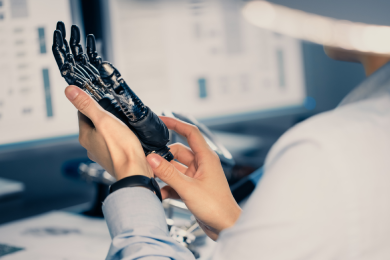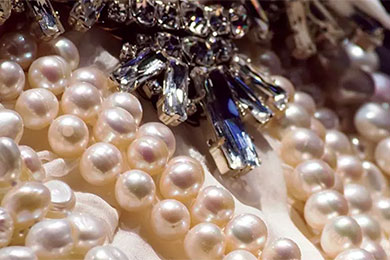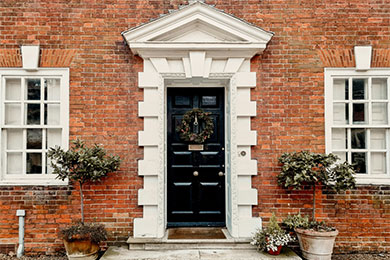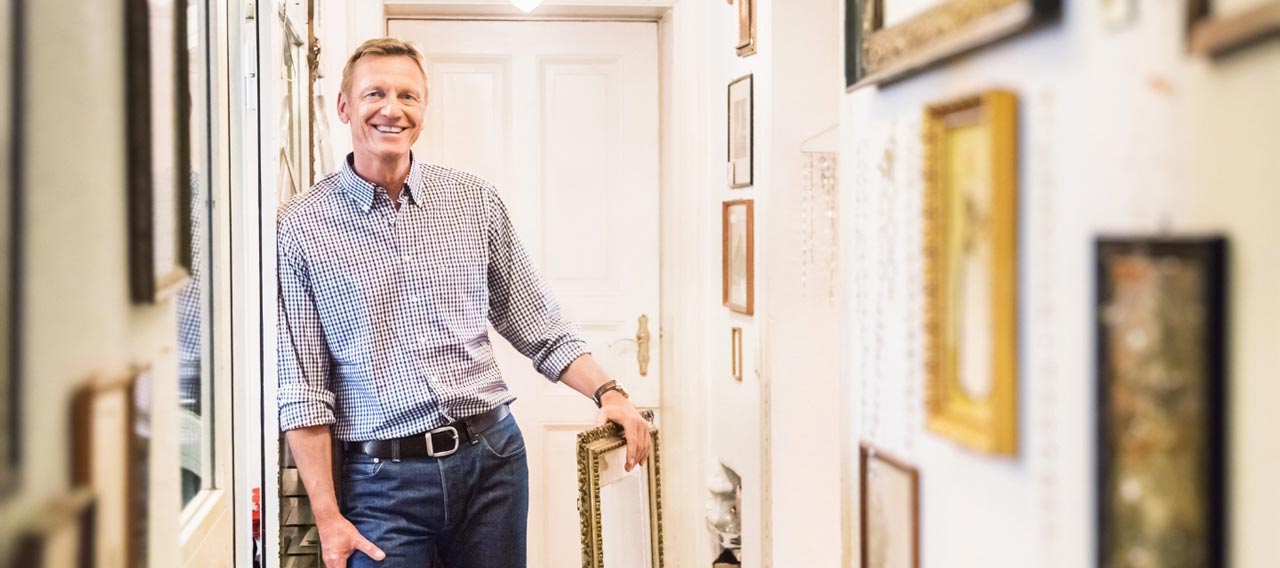- Businesses
- Individuals & Families
- Partnerships
- Brokers

Chubb Climate+ spans major industries, with a goal of enabling climate change progress in a meaningful way.


All Chubb policyholders are eligible for cyber services. Get the most value from your Chubb policy and schedule a consultation today.

In a complex world, Chubb’s support for multinationals and their brokers when choosing the right cover has never been more valuable.



As one of the world's largest providers of jewellery and fine art insurance, you can count on our unparalleled service and expertise, offering some of the broadest protection available.

As pioneers of using in-house appraisers to help clients establish the value of their property, and mitigate the risk of loss, our appraisal service is a key reason why owners of fine homes and high value possessions around the world choose Chubb

Build your business by providing the protection your customers need – it’s insurance for the new possible.

The seamless, secure, and scalable engine behind new possibilities for your company and customers.

-
About
About UsWho We AreFinancial & Regulation
- Claims
-
FCA Regulation
-
Contact
Chubb CareersComplaints
-
BackSuggested Searches
6 things to know if your vintage toys are valuable

When you were young, you collected Hot Wheels and action figures. You bought all the accessories you could find and kept them in excellent condition. But are your vintage toys worth money now or is their only value sentimental? Let’s look at how you can tell an old toy from a collectible worth insuring.
1. Rarity adds value.
Vintage toys that were made in small quantities often bring a higher value than those that were mass produced. That means, if you own one of the 2,000 “Peanuts” royal blue beanie baby elephants that were manufactured with a darker blue coat than originally intended, you might have something valuable on your hands. In fact, due to a manufacturer error, this is the most collectible beanie baby around – and worth about £3,000.
2. The older the better, sometimes.
Just because you own an old toy, doesn’t necessarily make it valuable. However, older models of toys and games are often made with materials or technology that are not used today. To date an antique toy, check the patent, maker’s mark, or country of origin mark on the toy. Or, look for an embossed, stenciled, or printed patent number on the toy or box. You can easily look up patent applications online, which will reveal the date it was filed.
3. Condition matters.
In the world of antiques, mint condition means that the original toy is still in its original box with the instructions and has never been opened. Mint condition toys are typically worth much more than those that have been opened, played with, and show wear and tear.
4. Material can make a big difference.
Think metal, diecast Hot Wheels, made back in the 1970s, instead of the plastic versions made today. Or, the original hand-drawn, oil cloth version of Monopoly made in 1933 (which sold at Sotheby’s in 2011 for £110,000).
5. If it needs to be restored, have an expert do it.
While normal wear and tear is generally acceptable to most toy collectors, if something needs fixing (a spring mechanism or mechanical part), you are smart to have a professional do the work. That’s because, if you ever want to sell the toy, the restorations must be done well to maintain its value.
6. Value may be in the eyes of the beholder.
Vintage toy collecting is one of the fastest growing fields in collecting. However, not every toy you cherish may be of value to others. Your best bet is to collect what you enjoy – and if it becomes an investment-worthy purchase, great. If not, you’ll still be able to enjoy your collection yourself!
A partner for protected growth
Prior to COVID-19, expansion into non-domestic markets was cited as a priority by just 13% of the respondents to Chubb and Accenture’s survey of small and mid-sized businesses, even though 78% agreed that their growth would be affected by changes to international trade.
Today, new technologies and an increased appetite for remote relationships can give businesses the perfect platform to unlock new opportunities. But this doesn’t come without risk.
Businesses need to make sure they consider the specific needs of their organisation and find a provider that ticks all the right boxes in terms of functionality, reliability, and security, while also having the proven track record to back it up. Additional training to make sure staff know how to use these platforms is also essential, to keep operations just as smooth as they’d be in a physical office.
Finally, if things do break down somewhere along the supply chain, an insurer with global reach can give businesses the support and protection they need as they pursue new opportunities.
For more information on Chubb in the UK click here.
For more information on Chubb in the UK click here.
All content in this material is for general information purposes only. It does not constitute personal advice or a recommendation to any individual or business of any product or service. Please refer to the policy documentation issued for full terms and conditions of coverage.
Insights and expertise



